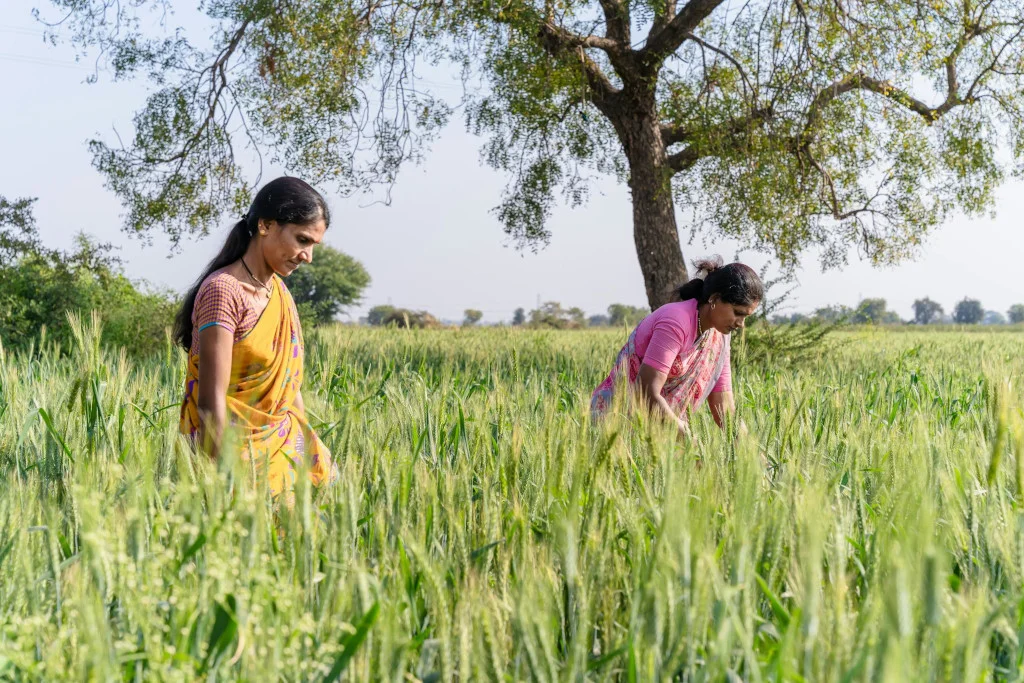India stressed its commitment to tackling agricultural challenges through technology adoption at the G20 Agriculture Ministerial Meeting held in Cuiabá, Brazil, from September 12-14, 2024.
The Indian delegation led by Union Minister of State for Agriculture & Farmers’ Welfare Ram Nath Thakur emphasized the country’s proactive approach to managing agricultural challenges, particularly those related to climate change, resource constraints, and growing global food demands. India’s strategy includes the adoption of advanced agricultural technologies, such as precision farming, digital agriculture, and climate-resilient seeds.
Thakur was accompanied by Ambassador of India to Brazil Suresh Reddy and Joint Secretary for Natural Resource Management (NRM).
The G20 Agriculture Ministerial Meeting, a key platform for global cooperation on agricultural policies, saw leaders from the world’s largest economies discuss the future of food production, sustainability, and rural development. India’s representative underscored the nation’s focus on building agricultural resilience through sustainable farming practices, the adoption of agrotech innovations, and the expansion of farmer welfare programs.
Highlighting India’s progress, the Indian delegation shared how the nation has embraced digital agriculture, soil health management, and crop diversification to build a sustainable and resilient agricultural system. With over 50% of India’s population depending on agriculture, the country’s strategy to incorporate modern technologies—such as precision farming, water conservation techniques, and climate-resilient seeds—has made strides in increasing productivity while safeguarding resources.
Read more: Principal Secy to PM Urges Adoption of Agrotech to Boost Agriculture
India’s participation at the G20 meeting also touched on its leadership role in ensuring food security on the global stage. By increasing agricultural exports, engaging in knowledge sharing, and contributing to global food aid, India aims to address food insecurity challenges exacerbated by geopolitical conflicts and climate events.
The Indian delegation reiterated its support for international cooperation in agricultural research, advocating for collaborations that address climate adaptation and sustainable agriculture. This collaborative effort, they noted, would benefit both developing and developed nations in navigating future challenges in food production.
The meeting concluded with a joint commitment from G20 nations to drive innovation in agriculture, reduce food loss, and work toward a sustainable and food-secure world. India’s engagement at the event highlighted its growing influence in shaping global agricultural policies and its dedication to promoting solutions that can withstand the pressures of a rapidly changing world.


